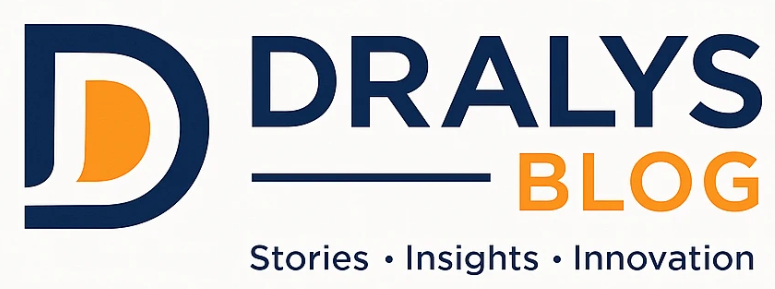Dralys Blog | Politics & Governance
South Korea Indicts Ex-Leader Yoon Suk Yeol on Charges of Aiding the Enemy
A Turning Point for Democratic Accountability
South Korea has indicted its former president, Yoon Suk Yeol, on new
charges including aiding the enemy and abusing power. The case centers on allegations
that Yoon authorized provocative drone flights over North Korea in late 2024 to help
manufacture a pretext for declaring martial law at home.
The indictment marks one of the most consequential legal and political reckonings
in South Korea’s modern democratic history.
The Allegations
According to the special counsel team, Yoon and senior defense officials allegedly
ordered drones into North Korean airspace with the expectation that any hostile response
could justify sweeping emergency measures.
Investigators say internal memos and phone records indicate discussions of creating
an “unstable situation” that could support the declaration of martial law.
Yoon had already faced charges related to his
December 2024 martial law declaration, which was widely condemned by
lawmakers and civic groups as an attempt to override parliamentary oversight.
He was removed from office by the Constitutional Court in April 2025 and banned from
public office: the new indictment significantly raises his legal exposure.
If convicted on the gravest counts, he could face a life sentence or the death penalty.
Benefiting the Enemy and Abuse of Power
The charge of “benefiting the enemy” is rooted in South Korean national security law.
Prosecutors argue that sending unapproved drones across the border risked exposing
sensitive capabilities and escalating tensions in a way that ultimately undermined
South Korea’s security interests.
Alongside Yoon, former Defense Minister Kim Yong-hyun and former military intelligence
officials have also been indicted. Authorities allege they conspired to support measures
that could weaken democratic safeguards and normalize emergency rule.
Due Process and Yoon’s Defense
Yoon has denied wrongdoing, insisting that his decisions were aimed at protecting
the nation from external threats and political instability. His legal team argues
that the prosecution is overreaching and that security decisions taken while in office
are being weaponized by opponents.
The case will now move through South Korea’s judicial system, where courts must
weigh classified evidence, competing political narratives, and strict constitutional
limits on presidential power.
For observers, this process is a critical test of judicial independence and the rule
of law in a polarized environment.
What This Means for Democracy and Leadership
The indictment goes beyond one individual. It raises fundamental questions:
How should democracies respond when leaders are accused of manipulating security threats
for political gain? Where is the line between strong leadership and unconstitutional power?
South Korea’s handling of this case will resonate globally. A transparent, fair process
can reinforce trust in institutions and show that no office is above accountability.
A mishandled process, by contrast, could deepen division and weaken democratic confidence.
Dralys Insight
At Dralys Blog, we view this moment as a reminder that
leadership in any field politics, business, or technology must balance
urgency with principle. Attempts to bypass institutions in the name of “security”
or “stability” often create deeper long-term risks.
For innovators, entrepreneurs, and policymakers, the lesson is clear:
durable progress is built on transparency, legal safeguards, and ethical decision-making.
Systems that encourage scrutiny and accountability are not obstacles.=
they are the infrastructure that protects societies, markets, and citizens.
As we continue to explore global stories on governance and ethics,
Dralys Blog remains committed to highlighting cases that shape how power,
responsibility, and innovation intersect in the modern world.
Sources & Further Reading
This article is adapted from verified reporting and official statements from
international news agencies and South Korean authorities as of November 10, 2025.
Readers can consult detailed coverage from organizations such as Reuters,
AP News, Al Jazeera, and other reputable outlets for full primary reporting.
This summary is provided for informational and analytical purposes only
and does not constitute legal advice.

